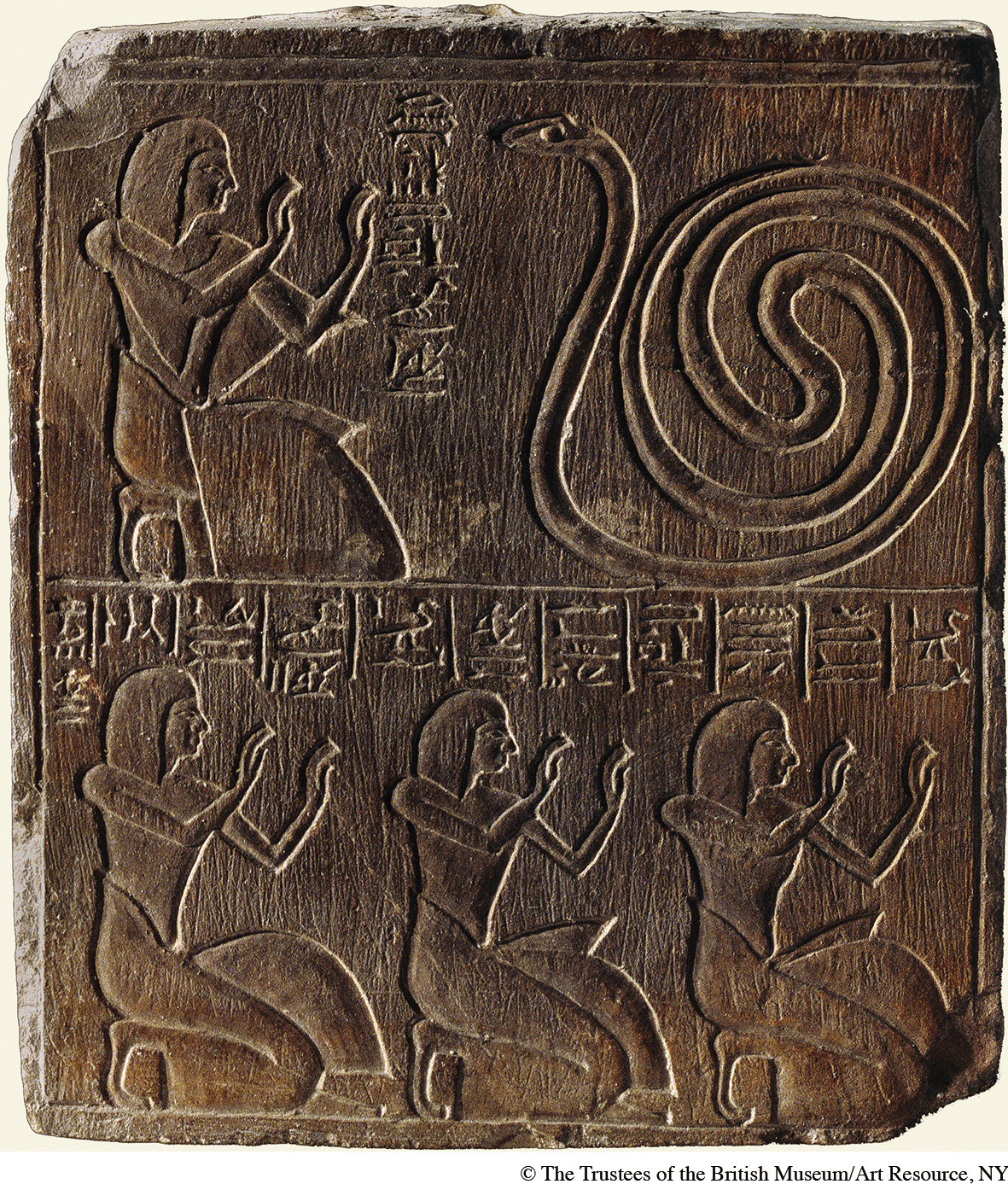ZOOMING IN: Paneb, an Egyptian Troublemaker

The life of Paneb (ca. thirteenth century B.C.E.) illuminates an underside of Egyptian life rather different from the images of order and harmony portrayed in much of ancient Egyptian art and literature.20 Paneb was born into a family and a village of tomb workers—
Paneb was apparently orphaned as a youngster and raised by another tomb-
As an adult, Paneb married and sired a large family of eight or nine children. He also indulged in numerous affairs with married women and was involved in at least one rape. One of his lovers was the wife of a man with whom Paneb had grown up in Neferhotep’s home; the couple subsequently divorced, a frequent occurrence in ancient Egypt. In another case, Paneb seduced both a married woman and her daughter and shared the sexual favors of the daughter with his son Aapehty. It is not difficult to imagine the tensions that such behavior created in a small, close-
When Paneb’s adoptive father, Neferhotep, died—
While such bribes were common practice in obtaining promotions, it was Paneb’s use of his position as foreman of the tomb workers’ crew that got him into ever-
Paneb also exploited his position as foreman to his own advantage. He used—
Although Paneb was rebuked from time to time by high officials, his bad behavior continued. “He could not stop his clamor,” according to an official document. At some point, Paneb’s son publicly denounced his father’s sexual escapades. But the final straw that broke his career came from Amennakht, Paneb’s longtime rival. He apparently had had enough and drew up a long list of particulars detailing Paneb’s crimes. That document, from which our knowledge of Paneb largely derives, has survived. It concluded in this fashion:
He is thus not worthy of this position. For truly, he seems well, [but] he is like a crazy person. And he kills people to prevent them from carrying out a mission of the Pharaoh. See, I wish to convey knowledge of his condition to the vizier.
The outcome of this complaint is unclear, for Paneb subsequently disappears from the historical record, and a new foreman was appointed in his place. It was not, however, Amennakht.
Questions: Since most of the evidence against Paneb comes from his archrival, how much weight should historians grant to that account? How might the story appear if written from Paneb’s viewpoint? What perspectives on the Egypt of his time does Paneb’s career disclose? How do those perspectives differ from more conventional and perhaps idealized understandings?